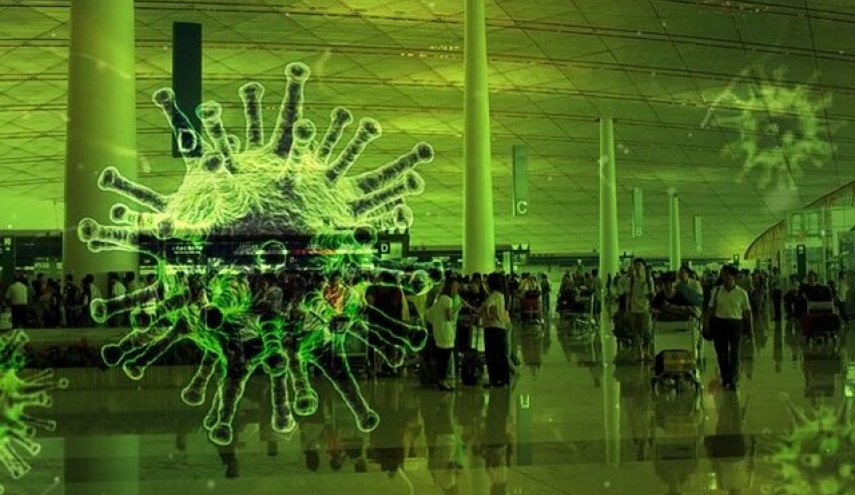It seems like a bizarre variation of ‘blaming the victim’. Indian Chief Justice Sharad Arvind Bobde said during a hearing this week to an official who allegedly raped a schoolgirl: “ If you want to marry (her), we can help you. If not, you will lose your job and go to jail. ‘
Bobde’s leaked remark this week caused considerable consternation in India, which is somewhat used to anti-woman behavior. An open letter drafted by women activists demanding the chief justice’s dismissal was signed more than 5,200 times online within a short period of time, AFP news agency reports.
The suspect, a state-owned technician, is accused of stalking, tied up, drugged and repeatedly raped the victim, according to the letter. He also threatened to pour gasoline on her and to set it on fire, and to kill her brother, if she went to the police.
“By suggesting that this rapist marries the victim, you, a Chief Justice of India, have, in effect, tried to sentence her to life-long rape by the tormentor who drove her to attempt suicide,” said the open letter from the women activists.
Archaic Morality
Bobde’s archaic morals also emerged from another hearing this week in which the Your Honor wondered if sexual intercourse in a legal marriage could be rape. With this remark, according to the letter, he legitimized “the torture that many Indian women in marriages have had to endure for many years without any support from the law.” Marital rape is not a crime in India. About one third of Indian women experience domestic violence.
The sheer scale of sexual violence in India (a woman is raped every 15 minutes in India) has been in the spotlight nationally and internationally since the horrific gang rape and murder of a 23-year-old student on a Delhi city bus in 2012, which led to to weeks of mass demonstrations across the country. This also happened after other brutal rapes. But the problems have remained.
Rape and other violence against women, in which poor women from the lower castes are relatively often the victims, are often not reported for fear of retaliation, and many perpetrators go unpunished as a result. Of the 34,000 rape cases that were reported in 2018, 85 percent led to charges. Only 27 percent of the cases were convicted, according to official figures.
Sexist
Women who report crimes are often treated sexistically by the police and the judiciary. Forcing a marriage to the rapist by judges is more common, as a so-called “compromise solution,” a practice that stems from patriarchal customary law in rural India.
Nearly ten years after the ‘bus case’, the Indian government still spends far too little money on combating violence against women, Oxfam India noted in a report last month. No more than 30 rupees (41 cents) per woman per year, including for financing crisis centers, telephone helplines and school courses. For the 80 million registered victims per year, the government allocates 102 rupees ($ 1) per woman.
–


